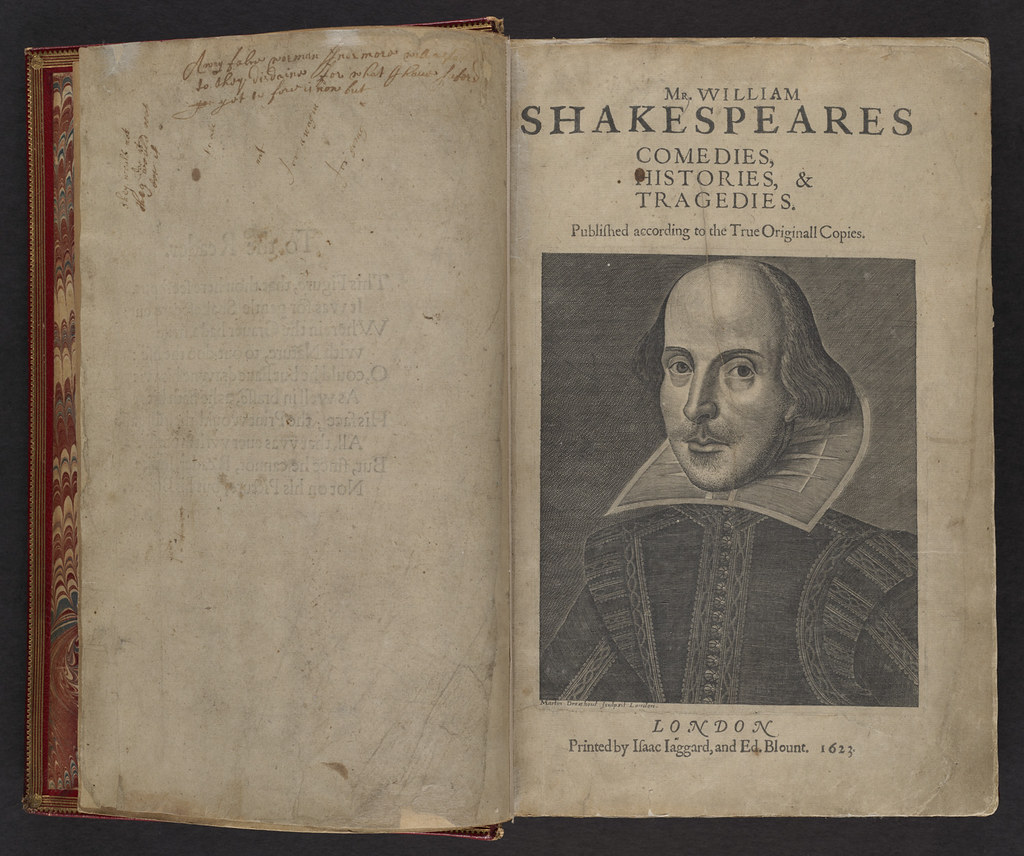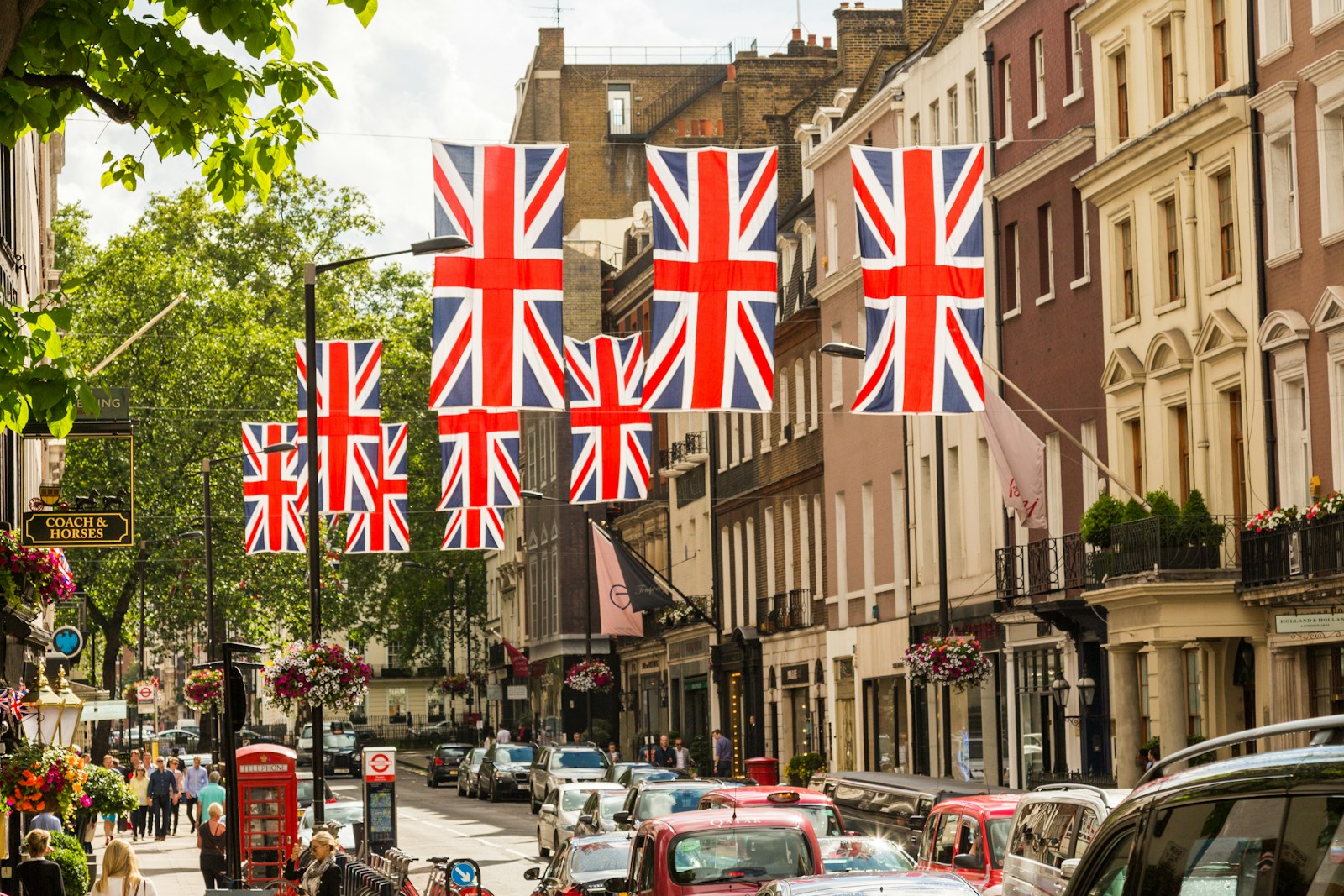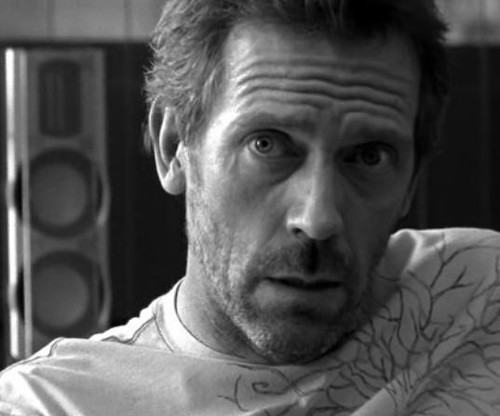The Psychology Behind Britain’s Obsession with Property Ownership
When you think of Britain, images of quaint cottages, bustling city flats, and stately manor houses might spring to mind. The British obsession with property ownership is as much a part of the cultural fabric as tea-drinking and queuing. But why do the Brits hold such a fervent desire to own a piece of land, bricks, and mortar? This article delves into the psychology behind Britain’s property obsession, exploring historical, social, and economic factors that contribute to this unique phenomenon.
A Historical Perspective
To understand the current obsession with property ownership in Britain, it’s essential to take a glance back at history. The roots of property ownership can be traced to feudal times, where land was synonymous with power and status. Ownership of land was concentrated in the hands of a few, and the notion of homeownership was reserved for the aristocracy. Over the centuries, the Industrial Revolution began to change the landscape. As cities grew and workers flocked to urban areas, the middle class started to emerge, seeking stability and a place to call home.
By the mid-20th century, after the devastation of World War II, the British government initiated various policies to encourage homeownership, recognizing its significance in rebuilding the nation. The introduction of council housing and the right-to-buy scheme in the 1980s further fueled this trend. As property became more accessible, it also became aspirational. The dream of owning a home morphed into a cultural milestone, cemented in the national psyche.
The Psychological Appeal of Homeownership
Security and Stability
At its core, the desire for property ownership is deeply linked to the need for security. Owning a home provides a sense of stability and permanence that renting often lacks. For many people, a property becomes a sanctuary—a place where they can create memories, raise families, and cultivate a sense of belonging. The psychological comfort derived from knowing that you have a secure roof over your head cannot be understated.
Identity and Status
In British culture, homeownership is often equated with success and social status. The type of property one owns can become a reflection of their identity. Whether it’s a trendy flat in London or a charming cottage in the countryside, the home becomes an extension of one’s persona. This connection between property and identity can lead to an unhealthy obsession; people may feel pressured to buy bigger or more expensive homes to keep up with societal expectations, often leading to financial strain.
The Investment Mindset
The British are pragmatic by nature, and this extends to property ownership. Real estate is often viewed as a reliable investment. Many Brits see their home not just as a living space but also as a financial asset that appreciates over time. This mindset is reinforced by the historical trend of rising property prices in the UK, making homeownership seem like a surefire way to build wealth. In a nation where inflation can wreak havoc on savings, a solid investment in property appears to be a safe bet.
The Role of Media and Pop Culture
The media plays a significant role in shaping perceptions of property ownership in Britain. Television shows like “Location, Location, Location” and “Grand Designs” have popularized the idea of finding the perfect home or transforming a run-down property into a dream residence. These shows not only entertain but also inspire viewers to aspire to homeownership, often glossing over the challenges involved.
The portrayal of homeownership in literature and film also cannot be ignored. Iconic British stories often feature homes as integral elements of the narrative. Think of “Pride and Prejudice” with its beautiful estates, or “Harry Potter” with the beloved Privet Drive. These representations reinforce the notion that owning a charming home is an essential part of the British experience.
Economic Factors Influencing Property Ownership
The Housing Market Dynamics
The UK housing market is notorious for its highs and lows. In recent years, property prices have risen dramatically, particularly in desirable areas, making it tough for first-time buyers to get on the ladder. The notion of ‘buying before it’s too late’ perpetuates a sense of urgency, further intensifying the obsession with homeownership. When the media reports on property values skyrocketing, it creates a fear of missing out (FOMO) that drives many to make hurried decisions without fully considering their financial implications.
Government Policies and Incentives
Various government schemes, such as Help to Buy and shared ownership, have been implemented to encourage homeownership. While these initiatives aim to make housing more accessible, they can also inadvertently contribute to the obsession. The message often conveyed is that homeownership is not just a possibility—it’s a necessity. This perception can cause individuals to stretch their finances beyond comfortable limits, driven by the belief that owning property is a hallmark of success.
The Impact of Cultural Norms
In Britain, homeownership is often seen as an essential rite of passage. The “British dream” is frequently framed as owning a home rather than renting. Children grow up with the expectation that they will eventually leave their parents’ homes and buy their own properties. This cultural norm places immense pressure on younger generations, who may feel inadequate or unsuccessful if they are unable to achieve this milestone.
Moreover, the concept of “keeping up with the Joneses” can play a significant role in property ownership. The desire to own a home that surpasses or matches those of friends and neighbors can lead to unhealthy competition. Social media exacerbates this issue, with platforms showcasing beautifully decorated homes and enviable living situations, creating unrealistic standards and fueling the obsession.
The Consequences of Property Obsession
While the desire for homeownership can be seen as a positive aspiration, it can also lead to various issues. The pressure to buy property can result in financial strain, with many individuals taking on crippling mortgages that leave little room for other life experiences. The stress of homeownership—maintenance costs, mortgage payments, and property taxes—can take a toll on mental health.
Furthermore, the obsession with property can exacerbate societal inequalities. The rising property prices have left many unable to afford their own homes, leading to increased reliance on rental markets and a growing divide between homeowners and renters. This disparity can foster resentment and social tension, creating a cycle of financial instability for many.
Conclusion
The British obsession with property ownership is a complex phenomenon rooted in history, psychology, and culture. It intertwines the need for security, identity, and financial investment, while also being heavily influenced by media portrayals and societal norms. While owning a home remains a cherished aspiration for many, it is essential to reflect on the implications of this obsession.
As the housing market continues to evolve, it raises questions about the future of homeownership in Britain. Will the younger generation find their own paths to stability and fulfillment, or will the pressure of property ownership continue to shape their lives? Only time will tell, but one thing is clear: the allure of a home, as much as it is an obsession, remains a deeply entrenched part of British life.



